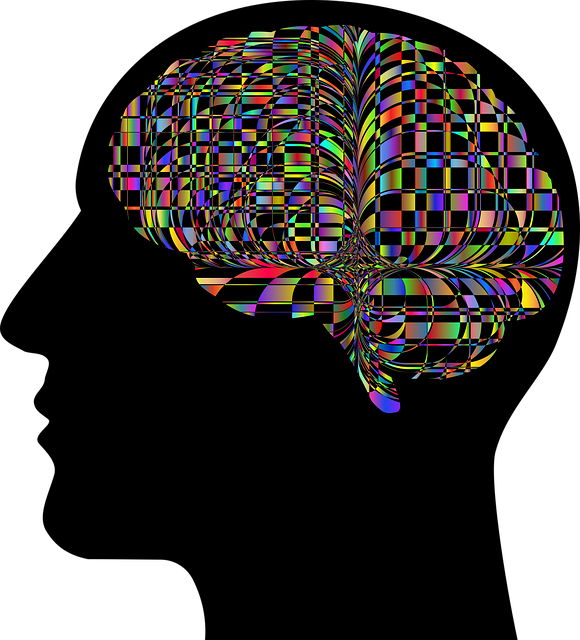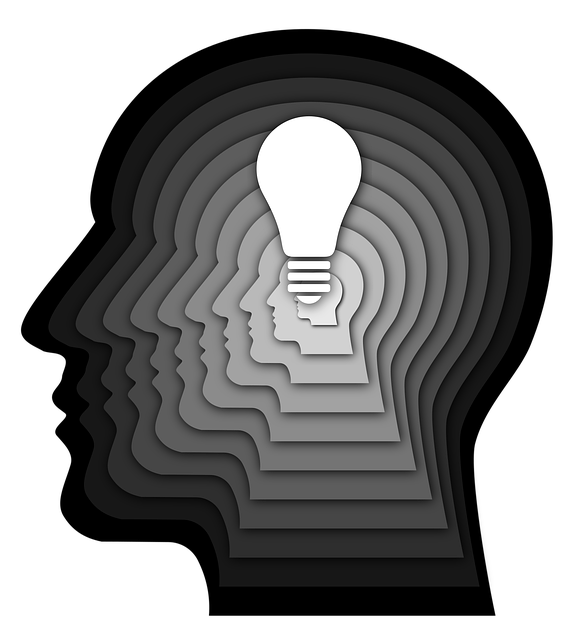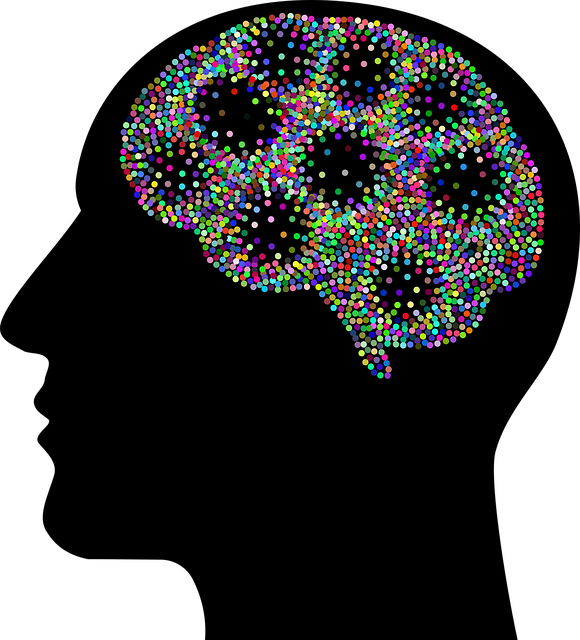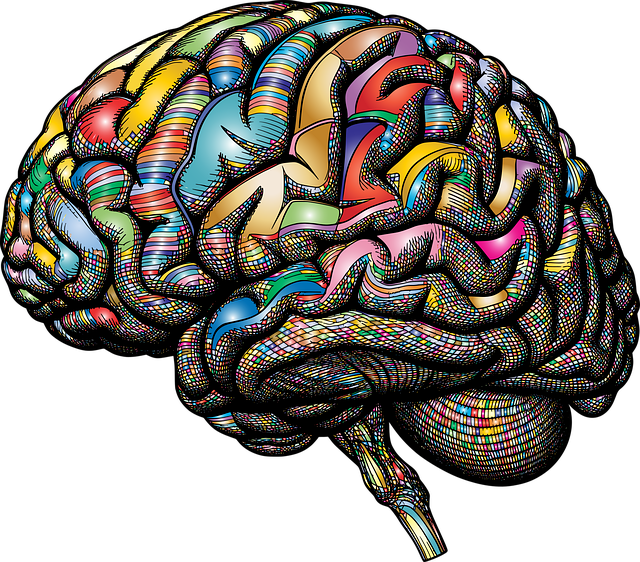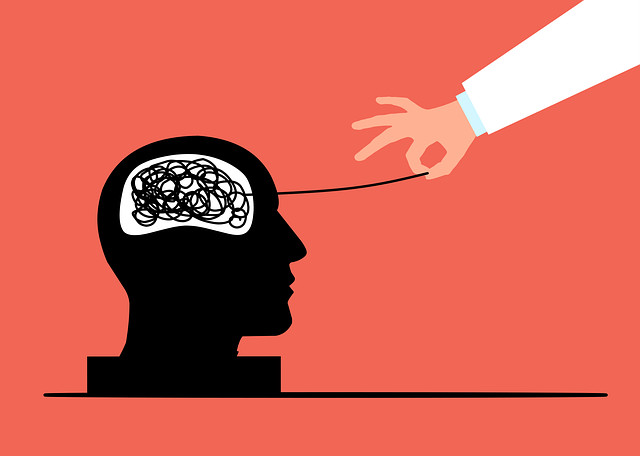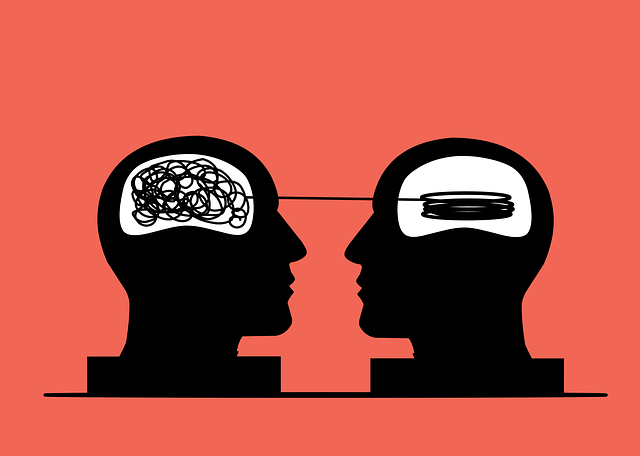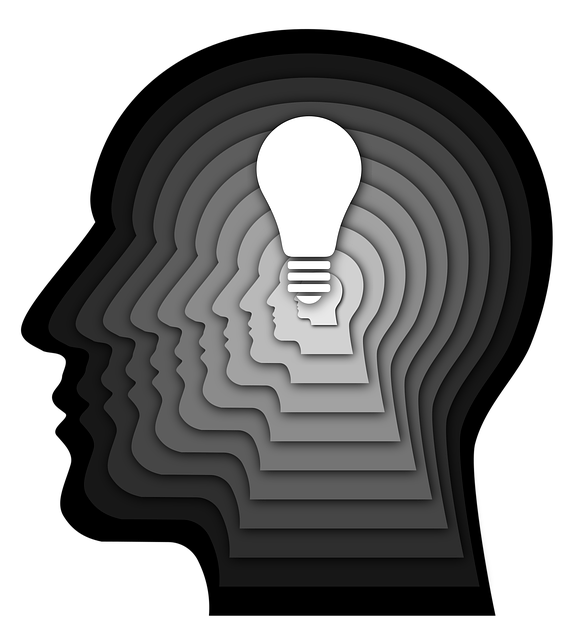Emotional Intelligence (EI) is a powerful tool for navigating mental health challenges, especially in Northglenn Depression Therapy. Recognizing and managing emotions—one's own and others'—leads to better coping strategies, improved self-esteem, and stronger relationships. Professionals can create safer, more supportive environments through EI, enhancing therapeutic outcomes. Practices like compassion cultivation and risk management planning contribute to confidence-boosting techniques that enhance resilience. Identifying emotional triggers through self-reflection is crucial for preventing burnout among healthcare providers and improving their ability to deliver quality care. Effective communication, empathy, and tools like mindfulness meditation are key components of EI development in Northglenn Depression Therapy, fostering deeper connections and overall mental health and resilience.
Emotional intelligence (EI) is a powerful tool for navigating life’s challenges, fostering healthy relationships, and cultivating mental well-being. This article explores the transformative power of EI, offering insights into its impact on mental health in Northglenn depression therapy. We’ll guide you through understanding EI, identifying emotional triggers, enhancing empathy, mastering communication strategies, and utilizing practical emotion regulation tools. By the end, you’ll be equipped with the knowledge to build your emotional intelligence and improve your overall mental health.
- Understanding Emotional Intelligence and Its Impact on Mental Health
- Identifying Emotional Triggers and Developing Self-Awareness
- Enhancing Empathy: Recognizing and Respecting Others' Emotions
- Effective Communication Strategies for Better Connection
- Practical Tools for Regulating and Managing Emotions
Understanding Emotional Intelligence and Its Impact on Mental Health

Emotional intelligence (EI) refers to the ability to recognize, understand, and manage one’s own emotions, as well as empathize with and influence the emotions of others. This skillset is crucial for mental health, acting like a shield against Northglenn depression therapy challenges. Research shows that individuals with higher EI tend to have better coping strategies, enhanced self-esteem, and stronger interpersonal relationships. They are more adept at navigating difficult situations, resolving conflicts, and fostering a positive environment.
Developing emotional intelligence involves various practices, such as compassion cultivation, which encourages empathy and understanding towards oneself and others. Risk management planning for mental health professionals can also benefit from EI; therapists who are emotionally intelligent can create safer, more supportive therapeutic spaces, leading to improved client outcomes. Moreover, confidence-boosting techniques often go hand in hand with EI development, as individuals become more attuned to their emotions, they gain a deeper sense of self-assurance and resilience.
Identifying Emotional Triggers and Developing Self-Awareness

Identifying emotional triggers is a powerful step towards building emotional intelligence and enhancing mental well-being, especially in challenging environments like Northglenn Depression Therapy. It involves recognizing patterns in your reactions to certain situations or interactions that may lead to heightened emotions or even burnout. Through self-reflection, individuals can become more attuned to their feelings, enabling them to make conscious choices about how to respond rather than reacting impulsively. Developing self-awareness allows one to identify early signs of stress or mood shifts and implement effective coping strategies.
This process is crucial for healthcare providers who often deal with intense emotions on a daily basis. Burnout prevention strategies for healthcare professionals can be significantly enhanced by mastering emotional intelligence. Stress management workshops and organizations emphasize the importance of understanding personal triggers and practicing self-care as key components in maintaining professional resilience and delivering quality care. By recognizing and managing emotional responses, individuals can foster healthier relationships, improve decision-making, and enhance overall effectiveness in both personal and professional spheres.
Enhancing Empathy: Recognizing and Respecting Others' Emotions

Empathy is a cornerstone of emotional intelligence, and recognizing and respecting others’ emotions is a vital skill to cultivate. It involves understanding someone’s feelings and responding sensitively, which can significantly enhance interpersonal relationships. When individuals practicing Northglenn depression therapy or mental health professionals learn to empathize, they create safe spaces for their clients, fostering trust and encouraging open communication. This, in turn, allows for better risk management planning, as it enables professionals to anticipate and address emotional triggers effectively.
By embracing empathy, one can improve conflict resolution techniques, making interactions more constructive and less adversarial. It encourages active listening, where the speaker feels truly heard and understood, which is essential for depression prevention and overall mental health. This simple yet profound practice can transform how we connect with others, creating a more compassionate and supportive environment, both personally and professionally.
Effective Communication Strategies for Better Connection

Effective communication is a cornerstone of emotional intelligence, fostering deeper connections and strengthening relationships. At Northglenn Depression Therapy, we emphasize techniques that promote open and honest dialogue, ensuring individuals feel heard and understood. Active listening, where therapists fully focus on the speaker and paraphrase their words, enhances empathy building strategies. This simple yet powerful tool encourages clients to express themselves more freely, leading to improved emotional well-being promotion techniques.
Moreover, clear and concise communication helps avoid misunderstandings and conflicts, which are detrimental to mental wellness. By teaching individuals to articulate their feelings and needs effectively, we empower them to navigate interpersonal interactions with confidence. These communication skills are not just beneficial in therapeutic settings but also in personal and professional relationships, creating a supportive network that contributes to overall mental health and resilience.
Practical Tools for Regulating and Managing Emotions

Emotional intelligence involves understanding and managing your own emotions, as well as recognizing and responding to the feelings of others. To build emotional intelligence, individuals in Northglenn Depression Therapy can utilize practical tools designed for emotion regulation. One such tool is mindfulness meditation, which helps cultivate present-moment awareness and fosters a non-judgmental attitude towards internal experiences. Regular practice can lead to improved emotional self-awareness and better coping mechanisms.
Another effective strategy is journaling, where individuals record their thoughts and feelings on a daily basis. This practice allows for introspection and reflection, helping to identify patterns in emotional responses. Additionally, developing strong coping skills through techniques like deep breathing exercises, progressive muscle relaxation, and cognitive reframing can significantly enhance emotional management. These tools are often emphasized in Public Awareness Campaigns Development initiatives aimed at promoting mental well-being, reflecting the broader application of Mind Over Matter principles for improving emotional intelligence.
Emotional intelligence is a powerful tool for enhancing mental well-being, as evidenced by its positive impact on Northglenn depression therapy. By understanding emotional triggers, cultivating self-awareness, and employing effective communication strategies, individuals can navigate their emotions more healthily. Empathy plays a crucial role in fostering strong connections with others, while practical emotion regulation tools empower people to manage their emotional responses. Through these strategies, individuals can transform their lives, leading to improved mental health outcomes.
